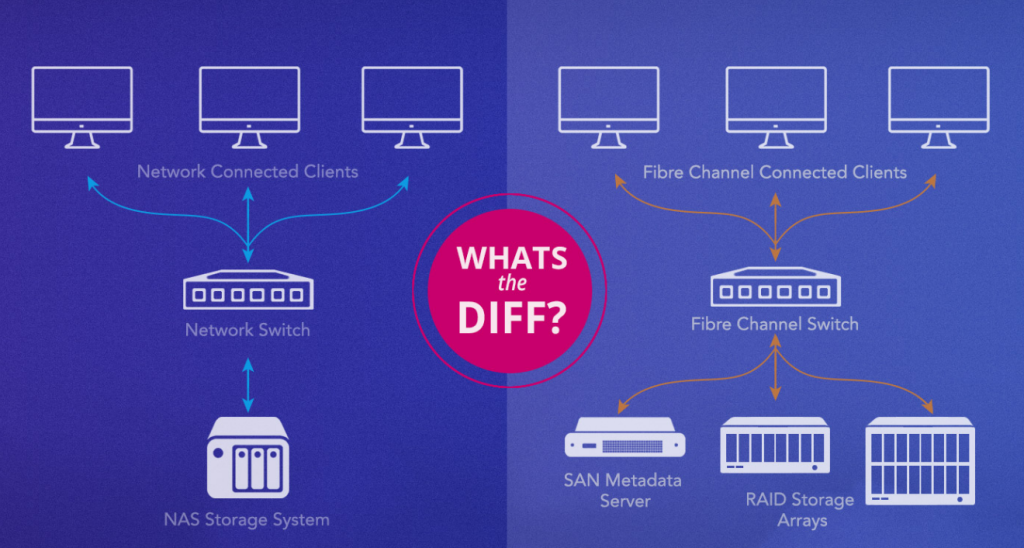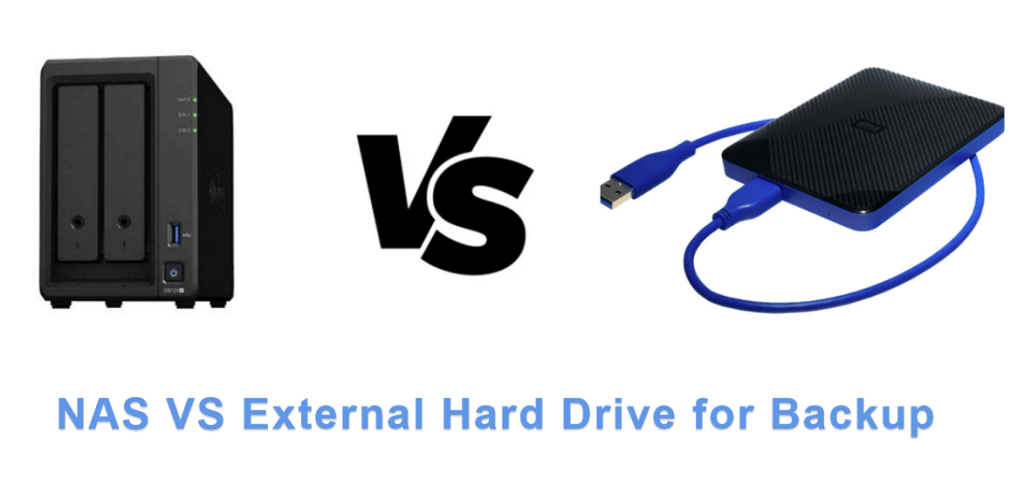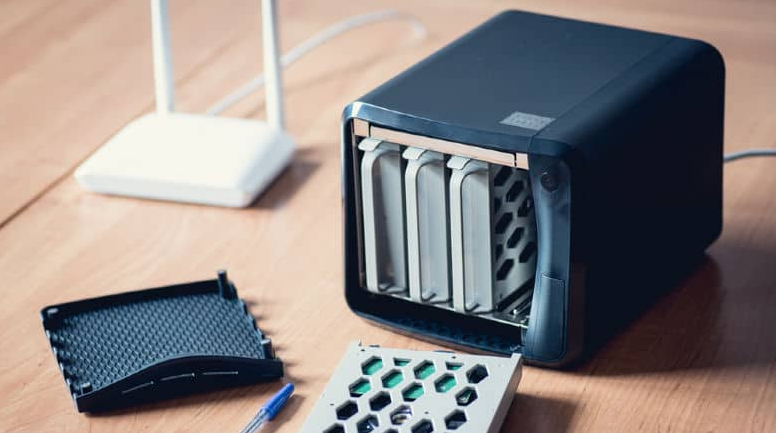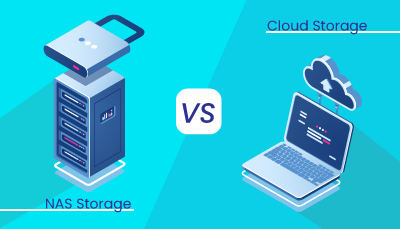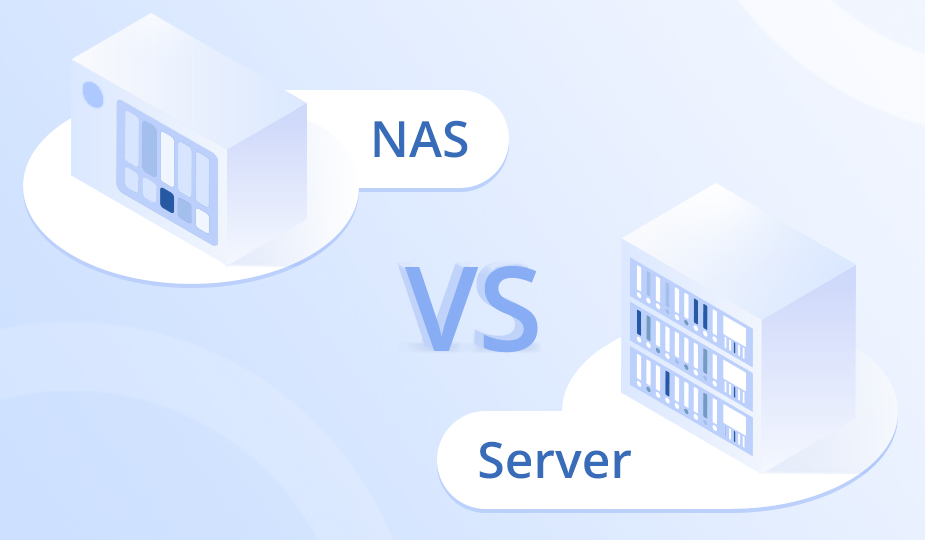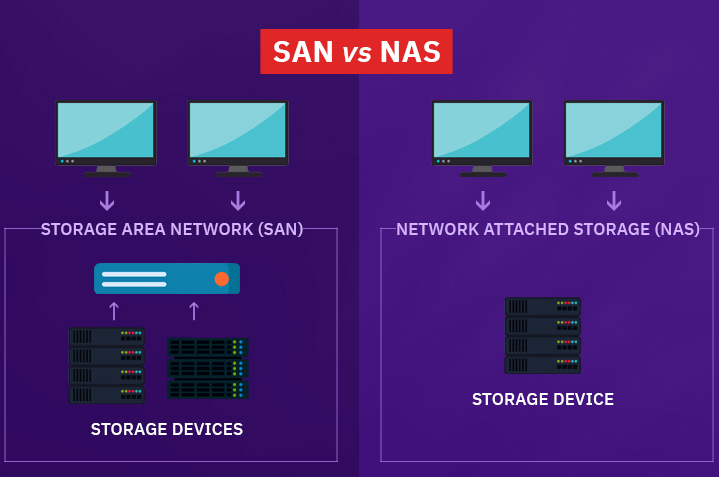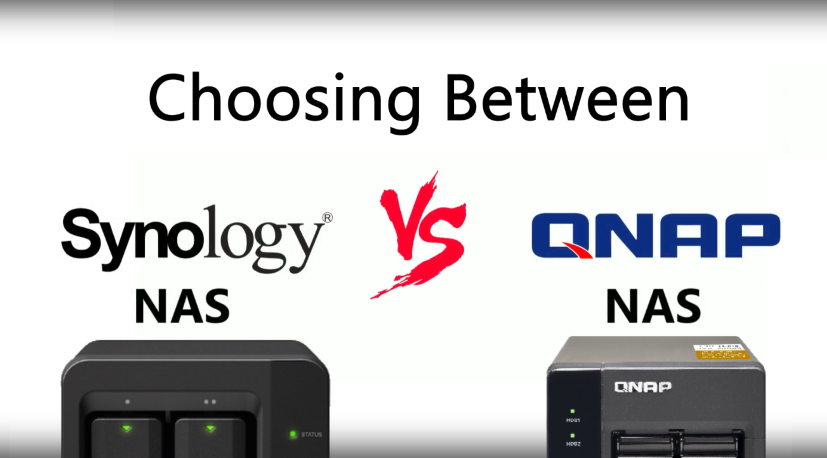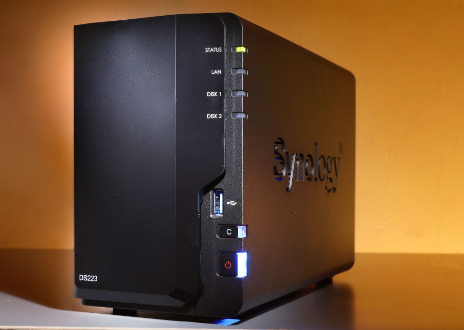What is the difference between NFS and NAS storage
The main difference between NFS (Network File System) and NAS (Network Attached Storage) lies in their structure and application. NFS offers a cost-effective, flexible solution for file sharing across various platforms, whereas NAS provides a user-friendly, high-performance, and secure storage option. Understanding NAS (Network Attached Storage) Definition and Basic Concepts Network Attached Storage (NAS) operates …
What is the difference between NFS and NAS storage Read More »
